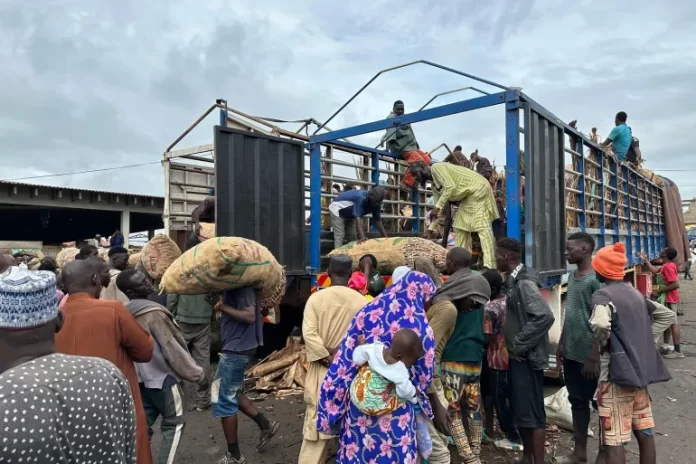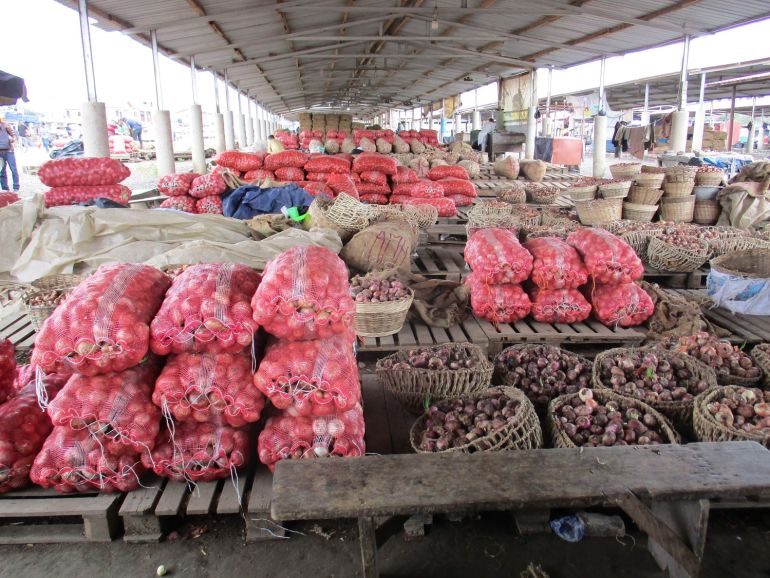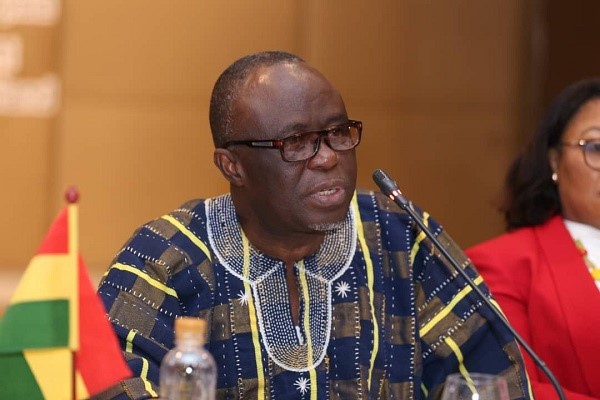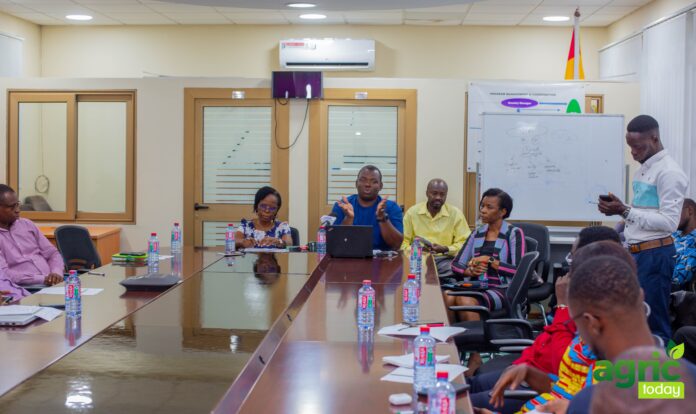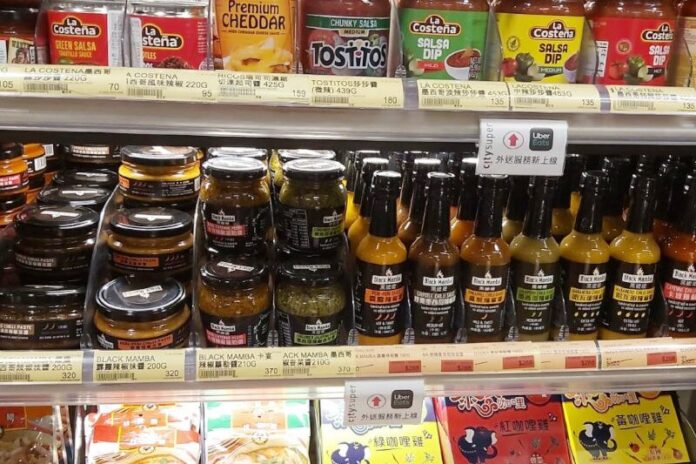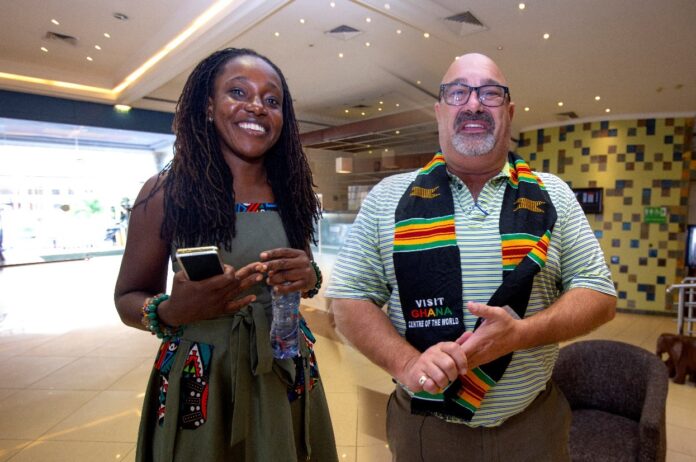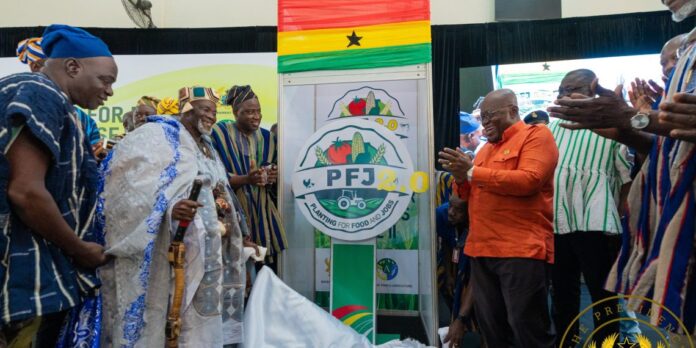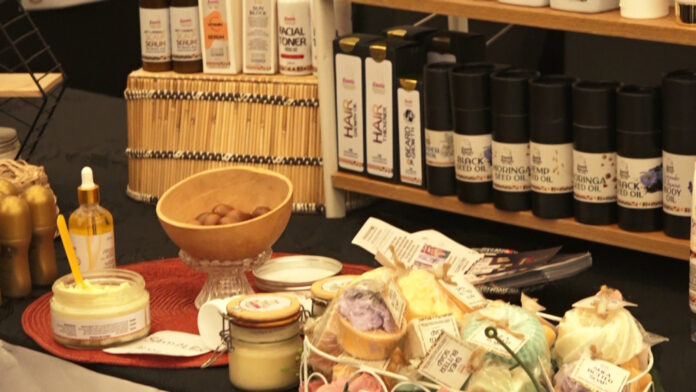A Nigerian company, EGTA Investment Limited on Saturday signed Memorandum of Understanding (MoU) with a Ghanaian conglomerate, Jospong Group of Companies, to boost of food production.
The MoU signed by the two entities at the Ghana High Commission in Abuja, was centered on boosting rice farming, wheat, soya beans, yellow corn, and sunflower production, among others.
The MoU was signed under the supervision of Alhaji Bello Goronyo, Minister of State for Water Resources and Sanitation and Mr Eddison Agbenyegah, Ghana Deputy High Commissioner to Nigeria.
Also present was Mr Aminu Goronyo, President of Rice Farmers Association of Nigeria (RIFAN).
Speaking, Mr Bashir Ibrahim, Group Managing Director of EGTA, said the agreement between the two companies was important in promoting investments in agriculture.
He said that there was also the need for adequate investments to advance agricultural growth in Africa through cooperation, financial, social andpolitical relationships between African nations.
Ibrahim said: “It is on that basis that the ECTA delegation went to Ghana to negotiate this historic MoU; this led ECTA delegation to Ghana and Jospong delegation to Nigeria.
“To negotiate and come to agreement on this MoU built on the long standing friendly relations that has existed since independence between Ghana and Nigeria.
“In fact, if there are any two countries that do close to the extent that event in one country leads to same event in another, it is Nigeria and Ghana.
“So, the signing of this MoU is in line with that tradition. The future of Africa depends on this concept of cooperation, financial investment, technical, social, economic, political cooperation between African nations.”
Ibrahim described the cooperation between both companies as an extension of the historic relationship between Ghana and Nigeria, saying that the MoU would cover production of agricultural commodities.
He also said it would provide technical, financial and investment cooperation, as well as training and capacity building for Ghana’s agriculture ecosystem.
Ibrahim said that the agreement, which was one out of many with other foreign partners was made possible by President Bola Tinubu administration’s business-friendly commitment to make private sector key drivers in economic diversification.
Also speaking, Mr George Blavo, Lead Coordinator, Rice Project, Jospong Group of Companies, Ghana, said the agreement was in line with Ghana’s agricultural agenda.
Blavo, who signed the MoU on behalf of Jospong, said the agreement was basically aimed at lifting people of Ghana from poverty through agricultural development.
According to him, it would add value to the agricultural food chain, food security, reducing food imports, with the private sector as a pivotal force.
“We are hopeful this MOU will further strengthen the Nigeria -Ghana bilateral relationship; which must ensure that partnership betwen Ghana and Nigeria is given priority.
“In Ghana, we cherish the long standing relationship between our two countries and it is our hope that this partnership will grow from strength-to-strength, for our mutual benefits,” he said. Blavo extolled Ghana-Nigeria relationship that focussed on economic, trade and investment, technology, security and agriculture.
According to him, the ceremony attested to the long standing relationship that existed between both countries.
For his part, Agbenyegah said that Ghana sought to learn best practices from Nigeria, which had since become a “Rice Super Power”, adding that the country has become one of the leading producers of rice in Africa.
“We are all aware that Nigeria is the biggest producer of rice and the contribution of ECTA to this achievement is well known to all of us.
“We are going to ride on the policies and business policies the Federal Government of Nigeria will reel out, to make this kind of cooperation easy and even, more fruitful.
“We are happy to be partners in this private sector initiative in deepening rice production in Ghana
“Ghana is hosting the African Continental Free Trade Area (AfCTA) Secretariat, therefore we want to deepen cooperation to propel regional growth,” he said. Jospong is a Ghanaian company with business interest in over 14 sectors, spanning 60 subsidiaries, with operations in Africa and Asia.
Meanwhile, the President of RIFAN, Goronyo, said that Nigeria had made a remarkable progress in rice production over the previous decade after banning the importation of rice.He added that such feat surpassed Egypt’s, with a yearly production of 5.8 metric tonnes of rice


